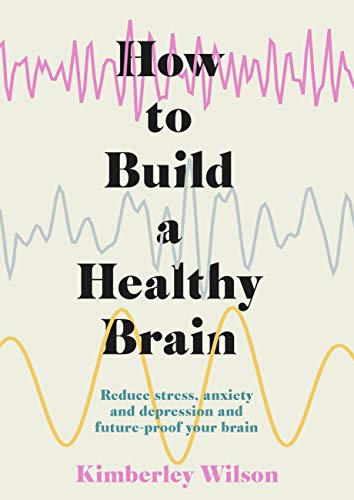What do you think?
Rate this book


A groundbreaking science-based guide to protecting your brain health for the long term.
Whatever your age, having a healthy brain is the key to a happy and fulfilled life. Yet, for both young and old, diseases of the brain and mental health are the biggest killers in the 21st century. We all know how to take care of our physical health, but we often feel powerless as to what we can do to protect our mental well-being too.
How to Build a Healthy Brain is here to help. Written by a passionate advocate for the importance of mental health, Chartered Psychologist Kimberley Wilson draws on the latest research to give practical, holistic advice on how you can protect your brain health by making simple lifestyle choices. With chapters on Sleep, Nutrition, Exercise and Meditation, Kimberley has written an empowering guide to help you look after both your physical and mental well-being.
256 pages, Kindle Edition
First published March 5, 2020